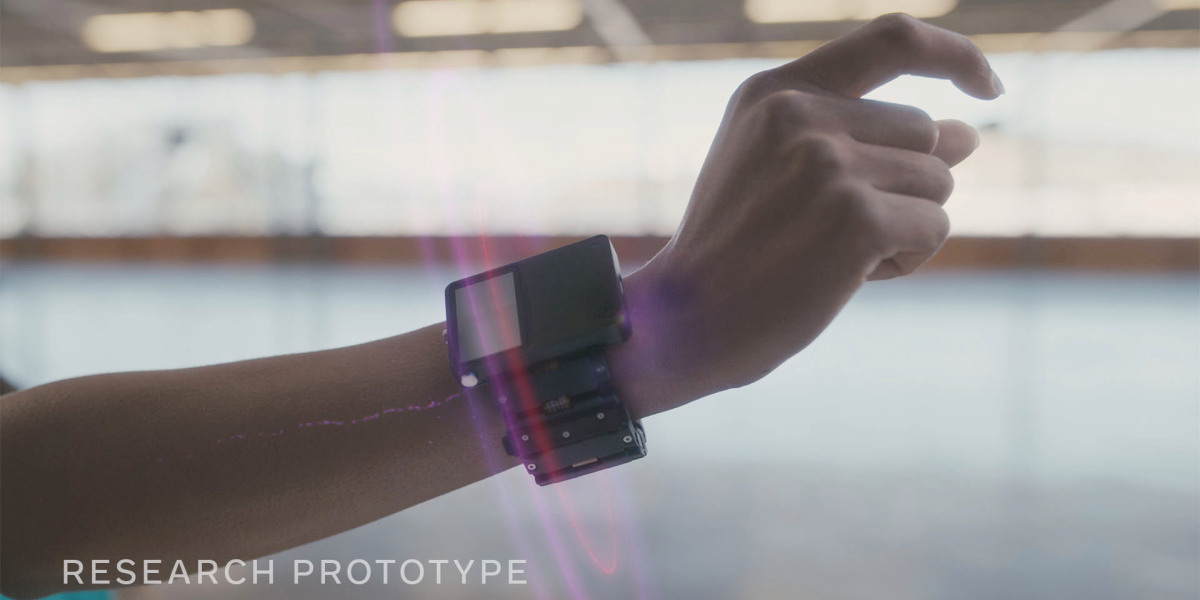
Does it work the way Facebook claims? Too soon to tell. The product is still in research and development at the company’s internal Facebook Reality Labs, and I didn’t get to have a go. No word yet on when it will be released or how much it will cost, either.
Years in the making: Facebook acquired startup CTRL-labs in September 2019 for between $500 million and $1 billion. CTRL had been working on its own wrist-based EMG device, and its head, Thomas Reardon, who is now the director of Neuromotor Interfaces at Facebook Reality Labs. At the press preview, Reardon said the device was “not mind control.” He added, “This is coming from the part of the brain that controls motor information, not thought.”
The AR play: The announcement is the second in a series of three that have been planned to set out the company’s position in augmented reality. On March 9, Facebook announced that its glasses would be responsive to immediate surroundings—walking past your favorite coffee shop might trigger the glasses to ask if you want to place an order. Facebook says it will reveal its own haptic gloves and other wearables later this year.
Another privacy pitfall? Facebook’s founder, Mark Zuckerberg, has aggressively invested in augmented and virtual reality, recognizing that products like these can mean access to countless valuable data points. In the café example above, the company (and therefore advertisers) could find out what kind of coffee you prefer, where you live, and, by statistical deduction, your demographic, health, and other personal information. And given the company’s history with regard to privacy, there’s some reason to be skeptical.
Editor’s note: We have amended Reardon’s job title.






